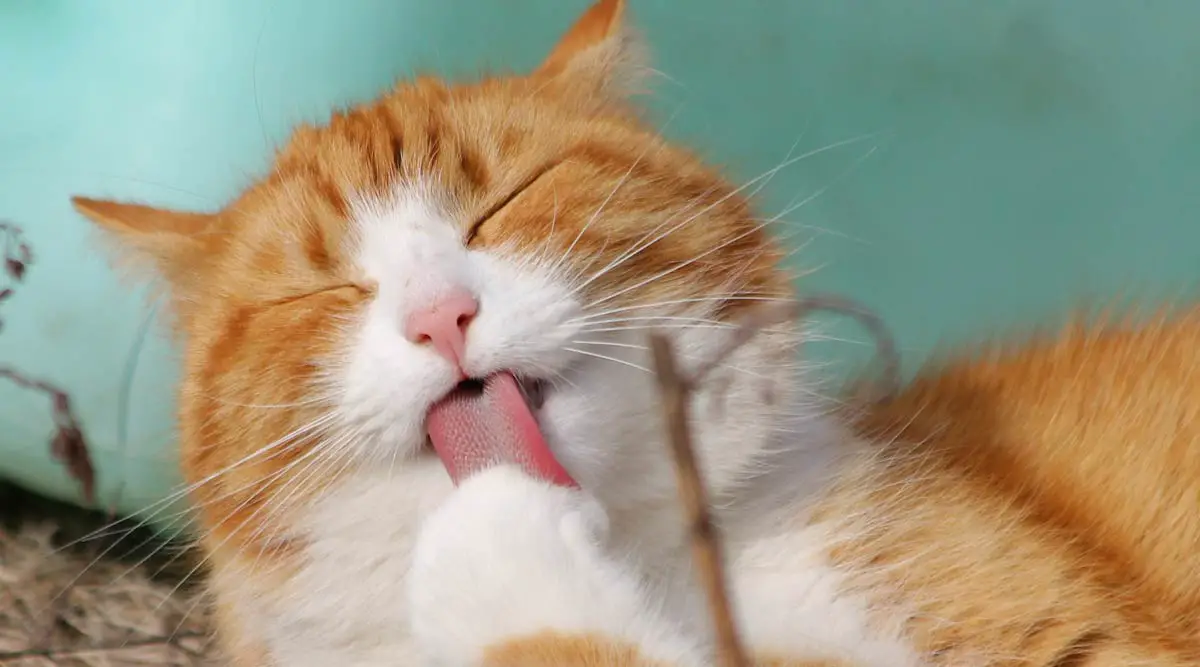After 3 first months, Kitten has a lot of changes in behavior, physical abilities, and nutrition such as opening eyes and ears opening, getting teeth, and then starting to eat solid kitten food.
In the next period of 3 to 6 months, kittens enter a new stage of development, where they become more independent and assertive, and their personalities continue to emerge.
This article will explore the key aspects of kitten development during this period, including physical development, behavior changes, health and care, food and nutrition, and training.
By understanding these aspects, owners can help ensure that their kittens grow into healthy and happy adult cats
Related:
1. Kitten Development: The First Eight Weeks of Life
2. Kitten Development From 8 To 12 Weeks

Physical Development
Kittens will continue to grow rapidly during this time, although at a slower rate than in their first few months. By 6 months of age, they will have reached about 75% of their adult size.
As kittens lose their baby teeth and adult teeth come in, they may experience some discomfort and chew on things more often. It is important to provide them with appropriate chew toys to help ease any discomfort.
Their fur will continue to grow and become denser, and they will start to develop their adult coat.
Kittens become more adept at running, jumping, and climbing.
Some kittens may begin to reach sexual maturity during this time, although it is recommended to wait until they are at least 6 months old before spaying or neutering them.
Behavior Changes
During this stage, kittens become more independent, curious, and adventurous. They become more vocal and begin to communicate using meows, chirps, and other sounds.
Kittens become more active and playful and enjoy exploring their surroundings.
About socialization, kittens become more confident and enjoy interacting with humans and other cats.
Kittens may exhibit increased aggression and dominant behavior as they assert their independence.
Health and Care
Vaccinations: after the first round of vaccinations FVRCP vaccine at around eight weeks old. Kittens require a booster given 3-4 weeks later at 12 weeks, and a final booster at 16 weeks old.
Parasite prevention: flea and tick control, as well as regular deworming, are essential for kitten health.
Regular check-ups with your veterinarian to monitor their growth and development.
Grooming: Regular grooming helps maintain a kitten’s coat and promotes bonding.
From 3 to 6 months of development, kittens require a diet that is high in protein, fat, and essential nutrients.
Kittens should be fed four meals a day until they are six months old. To determine the appropriate amount of food for your kitten, it is important to follow the feeding guidelines listed on the packaging of their food or to consult with your veterinarian to develop a feeding plan that is tailored to your kitten’s specific needs.
Training Kittens
Litter box training: Most kittens will have already learned how to use the litter box by 3 months of age, but accidents can still happen. Ensure that the litter box is easily accessible, clean, and in a quiet area. Encourage your kitten to use the litter box by placing them in it after meals or naps.
Teach your kitten basic commands such as “sit” and “come” using positive reinforcement techniques. These exercises can help to improve their behavior and obedience.
Reward your kitten with treats and praise when they display good behavior, such as using the litter box or playing nicely.
Conclusion
The period of kitten development from 3 to 6 months is marked by significant changes in physical abilities, behavior, and nutrition.
By providing proper care, nutrition, and training, owners can help their kittens grow into healthy and well-adjusted adult cats.
————————
Next: Kitten Development From 6 Months To 1 Year





